Top 10 Reasons to Get More Sleep
For your health, getting a good night's sleep is important. The majority of adults need between 7 and 9 hours per night. However, up to 35% of adults in the US ... read more...do not get enough sleep. It's essential that you should get enough sleep because sleep deprivation might harm your overall health. Below are some reasons why you should sleep more!
-
Short sleep, defined as sleeping for fewer than 7 hours per night, has been linked in numerous studies to a higher risk of weight gain and a lower body mass index (BMI).
In fact, a 2020 investigation discovered that those with less than 7 hours of sleep each night had a 41% higher chance of being obese. For instance, lack of sleep causes ghrelin levels to rise while leptin levels are lower. Leptin and ghrelin are two hormones that affect how hungry or full you feel. This could make people feel more hungry and overeat. Numerous studies have demonstrated that people who are sleep deprived have a greater appetite and prefer to eat more calories. Additionally, lack of sleep may make you crave foods that are higher in sugar and fat owing to their greater calorie content as a way to make up for a lack of energy.
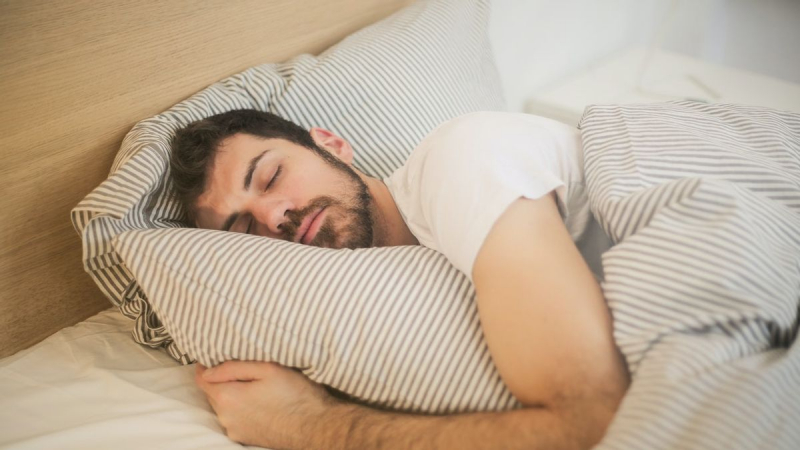
May help you maintain or lose weight 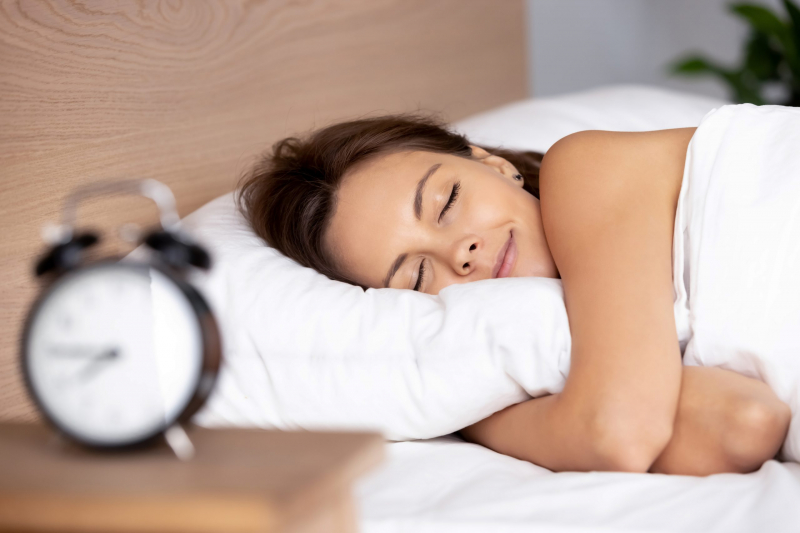
May help you maintain or lose weight -
Different parts of brain function depend on sleep. Lack of sleep has a negative impact on cognition, concentration, productivity, and performance.
One specific research on overworked physicians gives a good example. Clinically significant medical mistakes were found to be reported by doctors with moderate, high, and very high sleep-related impairment 54%, 96%, and 97% more frequently, respectively. Similarly, children, teenagers, and young adults who get enough sleep do better in school. The ability to solve problems and perform memory tasks are both improved by getting enough sleep, both in youngsters and adults. In short, a good night's sleep can improve memory and problem-solving skills. On the other hand, insufficient sleep has been linked to impaired brain function and judgment.
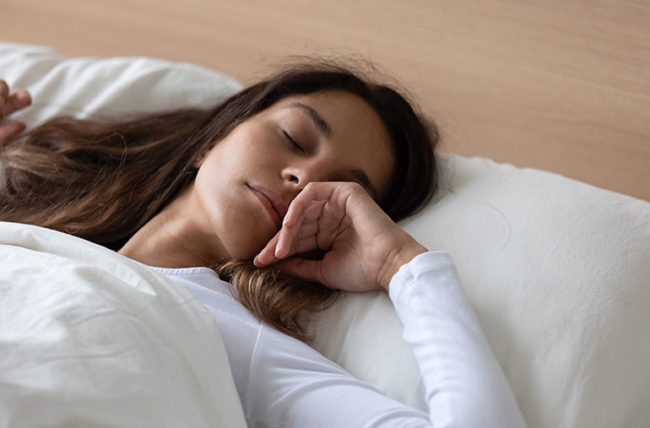
Can improve concentration and productivity 
Can improve concentration and productivity -
Athletic performance has been demonstrated to be improved by sleep. Numerous studies have demonstrated that getting enough sleep may improve problem-solving skills, muscular power, reaction time, and fine motor skills.
Additionally, lack of sleep might make you more prone to mistakes and less motivated to exercise. One investigation followed the Stanford University basketball team for a period of time. Each night, players added nearly two hours of sleep on average. And the result is that players increased their movement by 5%. Their free throw accuracy is improved by 9%. They felt happy and had faster reflexes. "Sleep is when your body repairs itself. If we don't get enough sleep, we don't perform well", says Felicia Stoler, RD. Therefore, obtaining adequate sleep can be all you need to improve your performance.
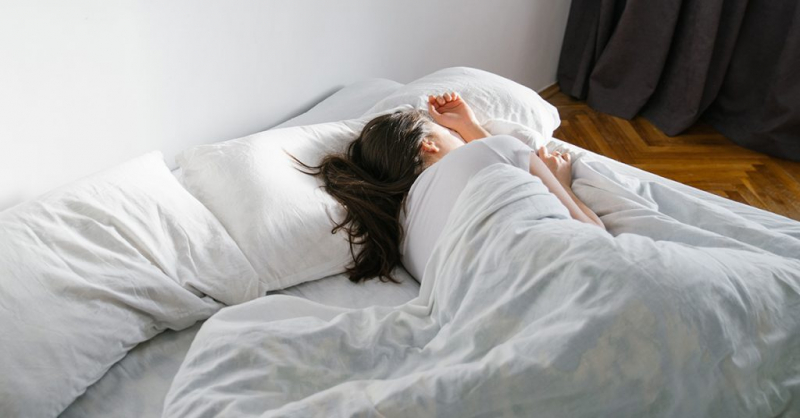
Can maximize athletic performance 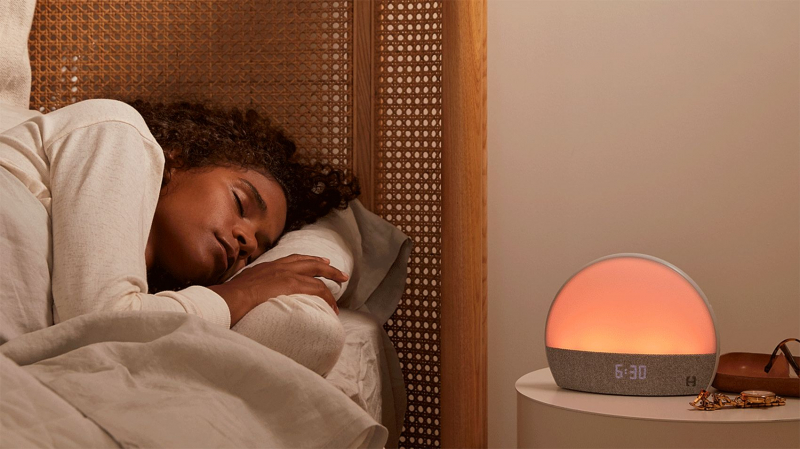
Can maximize athletic performance -
Your risk of getting heart disease may rise if you have poor quality or insufficient sleep. Sleeping for fewer than 7 hours a day raised the chance of dying from heart disease by 13%, according to one review of 19 studies.
Another study discovered that, in comparison to 7 hours of sleep, each hour less was linked to a 6% higher risk of heart disease and all-cause death. Short sleep duration is thought to raise the risk of high blood pressure, particularly in people who have obstructive sleep apnea, a disorder that causes breathing pauses while you sleep. In fact, compared to those who slept for 7 hours each night, those who slept for less than 5 hours had a 61% increased chance of having high blood pressure.
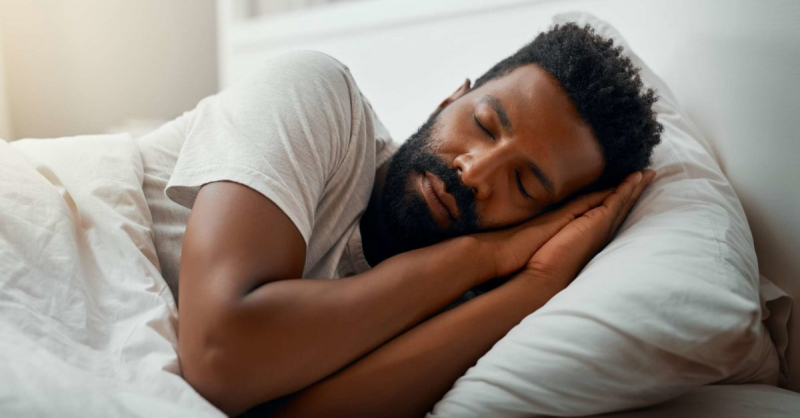
May strengthen your heart 
May strengthen your heart -
Short sleep is linked to a higher risk of type 2 diabetes and insulin resistance, which is a condition in which your body has trouble using the hormone insulin.
In fact, a review of 36 research involving more than 1 million participants found that getting less than 5 hours of sleep or less than 6 hours of sleep per night increased the risk of type 2 diabetes by 48 and 18%, respectively. It is believed that lack of sleep can lead to behavioral changes like poor decision-making and increased food intake, as well as physiological changes including lower insulin sensitivity, increased inflammation, and changes in hunger hormones. Additionally, a lack of sleep increases the chance of developing metabolic syndrome, obesity, and heart disease. These factors also increase your risk of diabetes

Affects sugar metabolism and type 2 diabetes risk 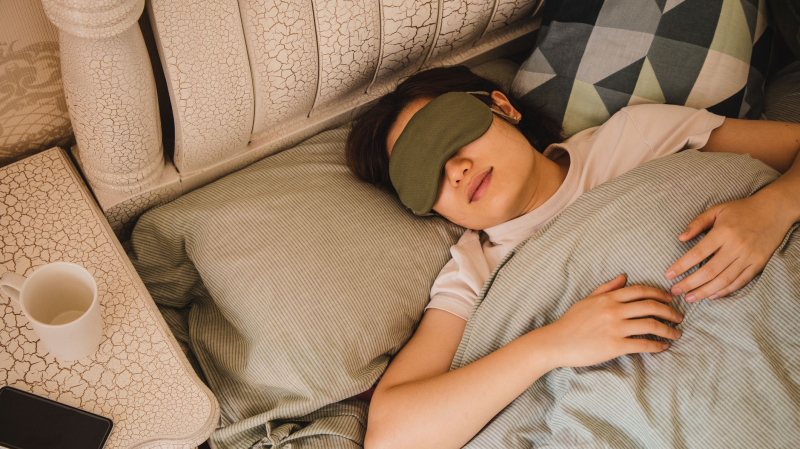
Affects sugar metabolism and type 2 diabetes risk -
Sleeping problems and poor sleep quality are often related to mental health problems including depression. If you have been diagnosed with depression, you may struggle to fall or stay asleep. Lack of sleep is definitely associated with depression. Insomnia, or the difficulty of getting to sleep and staying asleep, is in fact one of the typical symptoms of depression.
According to one research involving 2,672 participants, people with anxiety and depression were more likely to report having worse sleep than people without these conditions. According to other research, those who experience sleeping problems like insomnia or obstructive sleep apnea also experience greater rates of depression than those who don't. It's important to consult with your health professional if you have difficulties sleeping and notice your mental health has gotten worse.
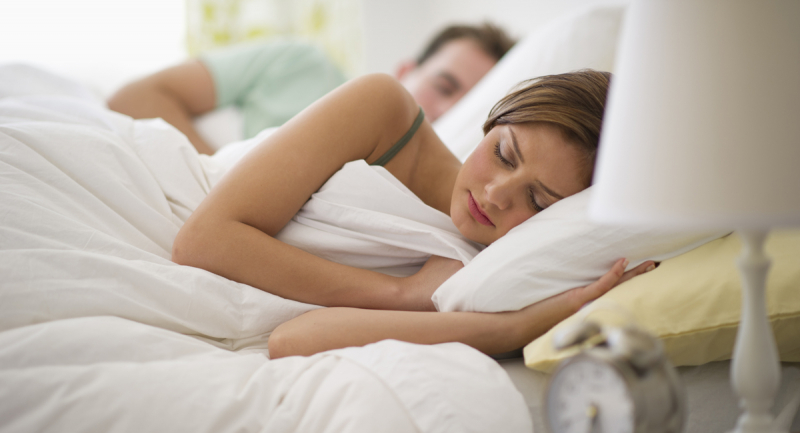
Poor sleep is linked to depression 
Poor sleep is linked to depression -
The immune system is critical to overall health. It is essential for the treatment of wounds, the prevention of infections, and the defense against chronic and deadly diseases.
The immune system and sleep are mutually dependent. Sleep can be impacted by immune reactions, like that caused by a viral infection. Meanwhile, regular sleep strengthens the immune system, allowing the healthy working immunological activity. On the other side, a lack of sleep might impair the immune system. Evidence suggests that sleep deprivation can cause disease in the short- and long-term. Additionally, some evidence indicates that getting enough sleep may enhance your body's antibody responses to influenza vaccines. According to recent preliminary data, obtaining enough sleep both before and after having a COVID-19 vaccination may increase the vaccine's effectiveness.

Supports a healthy immune system 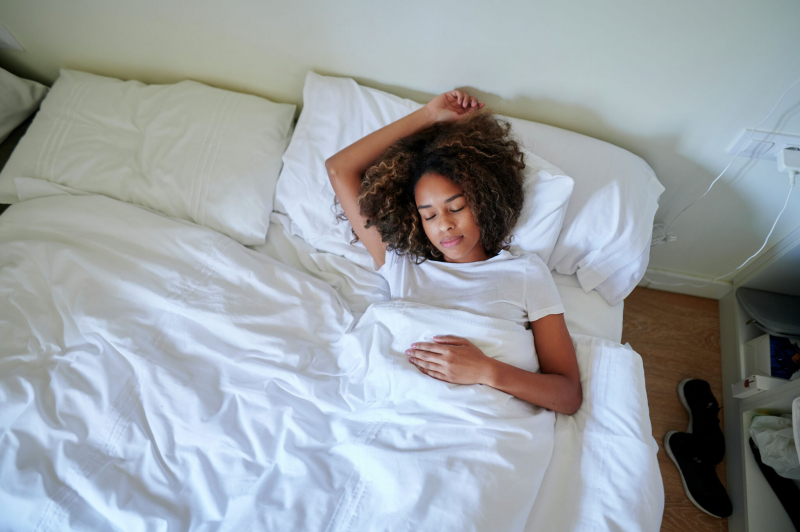
Supports a healthy immune system -
Insufficient sleep can significantly affect the body's inflammatory reaction. The central nervous system is greatly regulated by sleep. It specifically affects the sympathetic nervous system and the hypothalamic-pituitary-adrenal (HPA) axis, two stress-response systems.
Sleep deprivation, particularly sleep disruption, is known to activate inflammatory signaling pathways and increase levels of harmful inflammation indicators such as interleukin-6 and C-reactive protein. Numerous chronic conditions, including obesity, heart disease, certain types of cancer, Alzheimer's disease, depression, and type 2 diabetes, can develop over time as a result of chronic inflammation.

Poor sleep is linked to increased inflammation 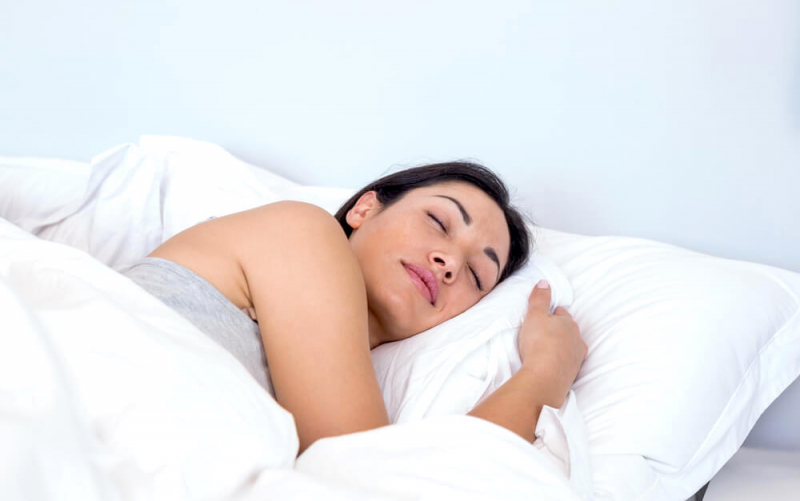
Poor sleep is linked to increased inflammation -
Lack of sleep makes it more difficult to control your emotions and communicate with others. Sleep-deprived people experience loneliness and are less likely to interact with others, avoiding close contact much in the same way as people with social anxiety, according to UC Berkeley researchers.
Additionally, those who consistently lack sleep are more likely to withdraw from social events and feel lonely. Making sleep a priority might help you become more social and enhance your relationships with others. Moreover, lack of sleep makes people more emotionally sensitive, which makes them quick to judge, short-tempered, and emotionally volatile. People who lack sleep are more prone to respond negatively to bad situations. Never be reluctant to ask a friend, family member, or health professional for help if you feel lonely or have emotional outbursts.
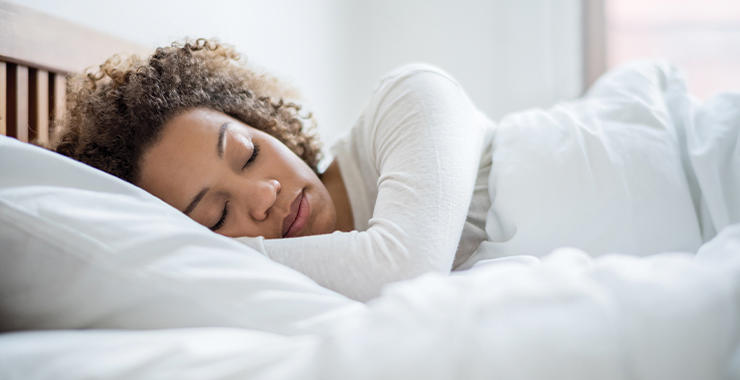
Affects emotions and social interactions 
Affects emotions and social interactions -
In fact, not getting enough sleep may be risky. The ability to concentrate on activities, the reflexes, and the response times all suffer when you are sleepy. In fact, having a significant lack of sleep is comparable to drinking too much alcohol.
According to the Centers for Disease Control and Prevention (CDC), 1 in 25 drivers have dozed off while driving. Less than six hours of sleep the night before increased the risk of falling asleep while driving. According to a 2018 research, the risk of causing a car accident was 1.3, 1.9, 2.9, and 15.1 times greater, respectively, for people who slept for 6, 5, 4, or less than 4 hours. In addition to increased risks associated with driving, lack of sleep may also increase the risk of workplace injury and errors

Lack of sleep can be dangerous 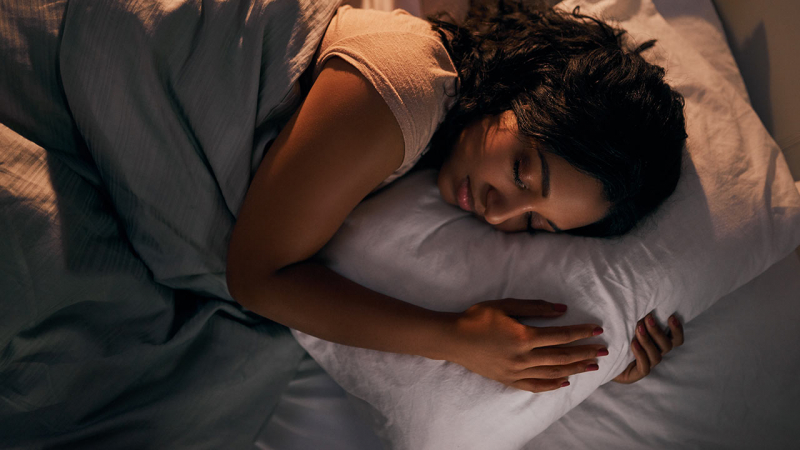
Lack of sleep can be dangerous






























